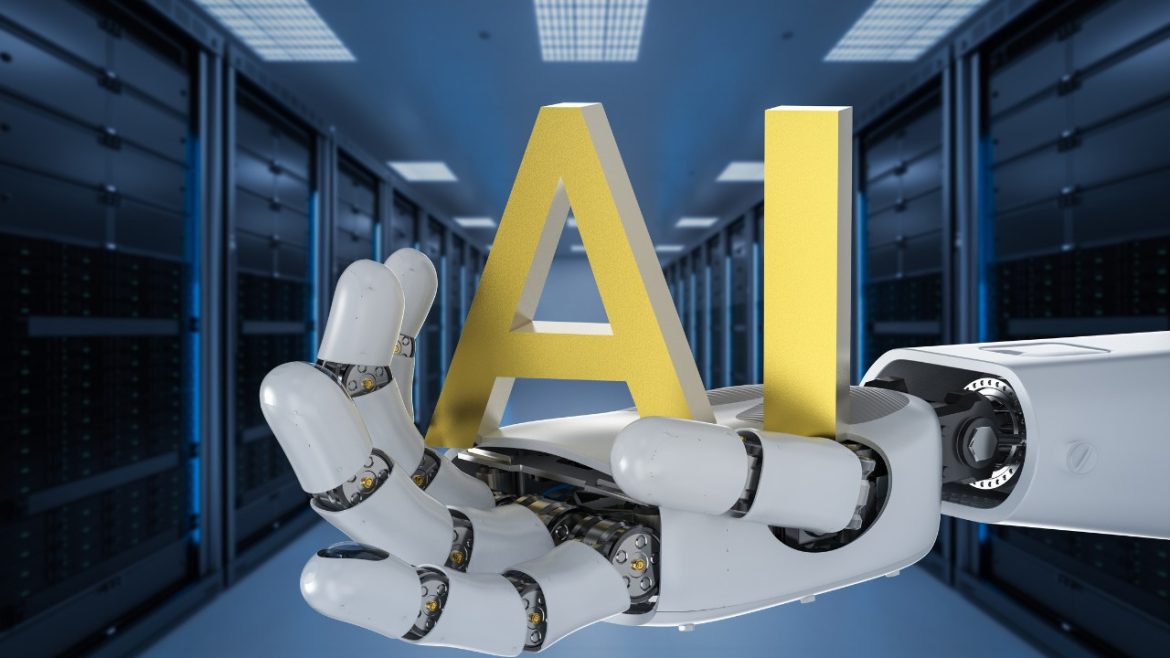Artificial Intelligence (AI) has emerged as a transformative force in the business world, reshaping the way organizations make decisions and conduct their operations. From predictive analytics to automation, AI is revolutionizing various aspects of business. In this article, we’ll delve into the profound impact of AI and how it’s shaping modern business strategies.
Enhanced Data Analysis
AI-driven analytics tools have the capacity to process vast amounts of data at lightning speed. This capability enables businesses to gain deeper insights into customer behavior, market trends, and operational efficiency. By harnessing AI, organizations can make data-driven decisions with greater precision and accuracy.
AI-powered predictive analytics can forecast market fluctuations, identify potential risks, and suggest strategic opportunities, giving businesses a competitive edge.
Automation for Efficiency
Automation is a hallmark of AI’s impact on business operations. Repetitive and time-consuming tasks can be automated, freeing up human resources for more strategic and creative endeavors. AI-driven bots and robotic process automation (RPA) systems are being employed across industries to streamline operations, reduce costs, and minimize errors.
From customer service chatbots to supply chain logistics, AI-powered automation is transforming the efficiency and scalability of business processes.
Personalization and Customer Engagement
AI enables businesses to deliver highly personalized experiences to customers. Machine learning algorithms analyze customer data to tailor product recommendations, marketing messages, and user interfaces. This personalization enhances customer engagement and drives sales.
Chatbots and virtual assistants powered by AI provide real-time customer support, improving customer satisfaction and loyalty.
Risk Management and Fraud Detection
AI’s capabilities extend to risk management and fraud detection. Machine learning algorithms can analyze transaction data in real time to identify suspicious activities and potential security breaches. This proactive approach helps businesses mitigate risks and protect sensitive information.
In the financial industry, for example, AI-powered fraud detection systems have become indispensable for safeguarding assets and maintaining trust.
Human-AI Collaboration
AI doesn’t replace human decision-making but augments it. Collaborative AI systems assist professionals in making more informed decisions. In healthcare, AI helps doctors analyze medical images, leading to more accurate diagnoses. In finance, AI-driven algorithms assist investment professionals in portfolio management.
The synergy between human expertise and AI capabilities results in better decision-making and more effective problem-solving.
Challenges and Ethical Considerations
While AI offers substantial benefits, it also raises ethical concerns. Issues related to bias in AI algorithms, job displacement due to automation, and data privacy must be addressed responsibly. Businesses need to ensure transparency, fairness, and accountability in their AI systems.
Conclusion
Artificial Intelligence is fundamentally changing how businesses operate and make decisions. Enhanced data analysis, automation, personalization, risk management, and human-AI collaboration are reshaping business strategies and operations across industries. To harness the full potential of AI, organizations must embrace its capabilities while addressing the ethical and societal implications. By doing so, businesses can stay competitive and agile in an AI-driven world.
